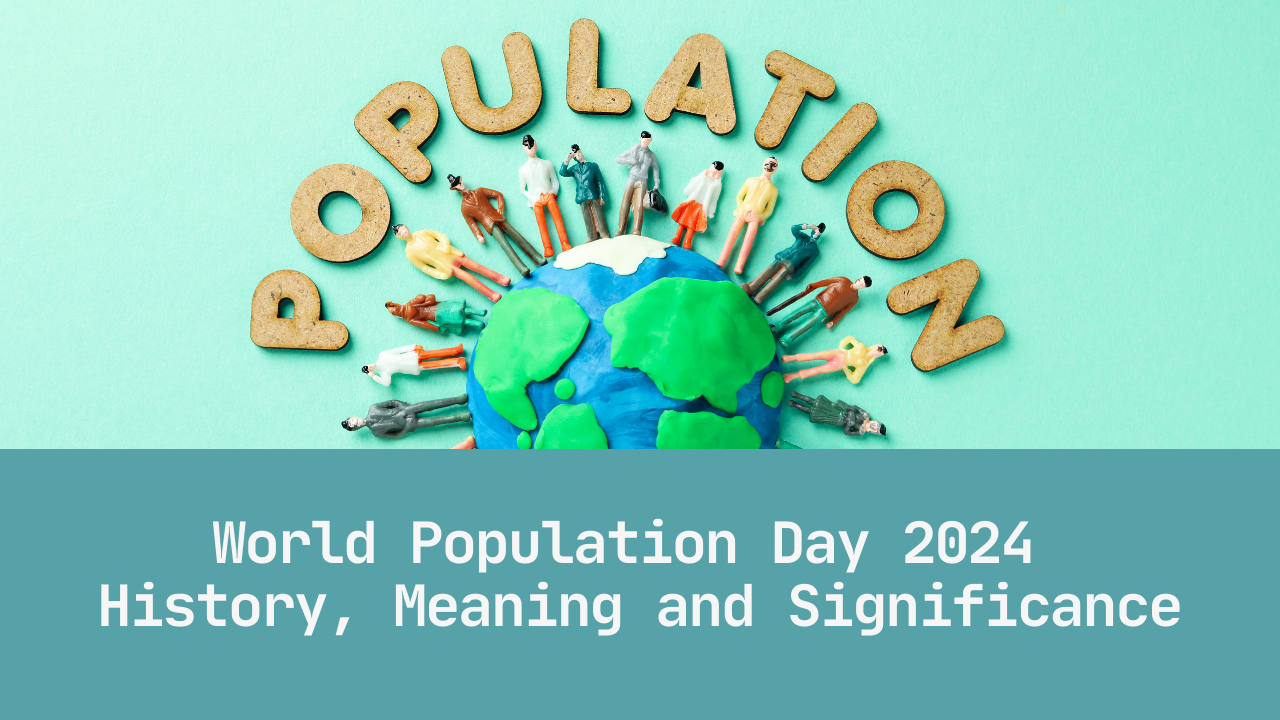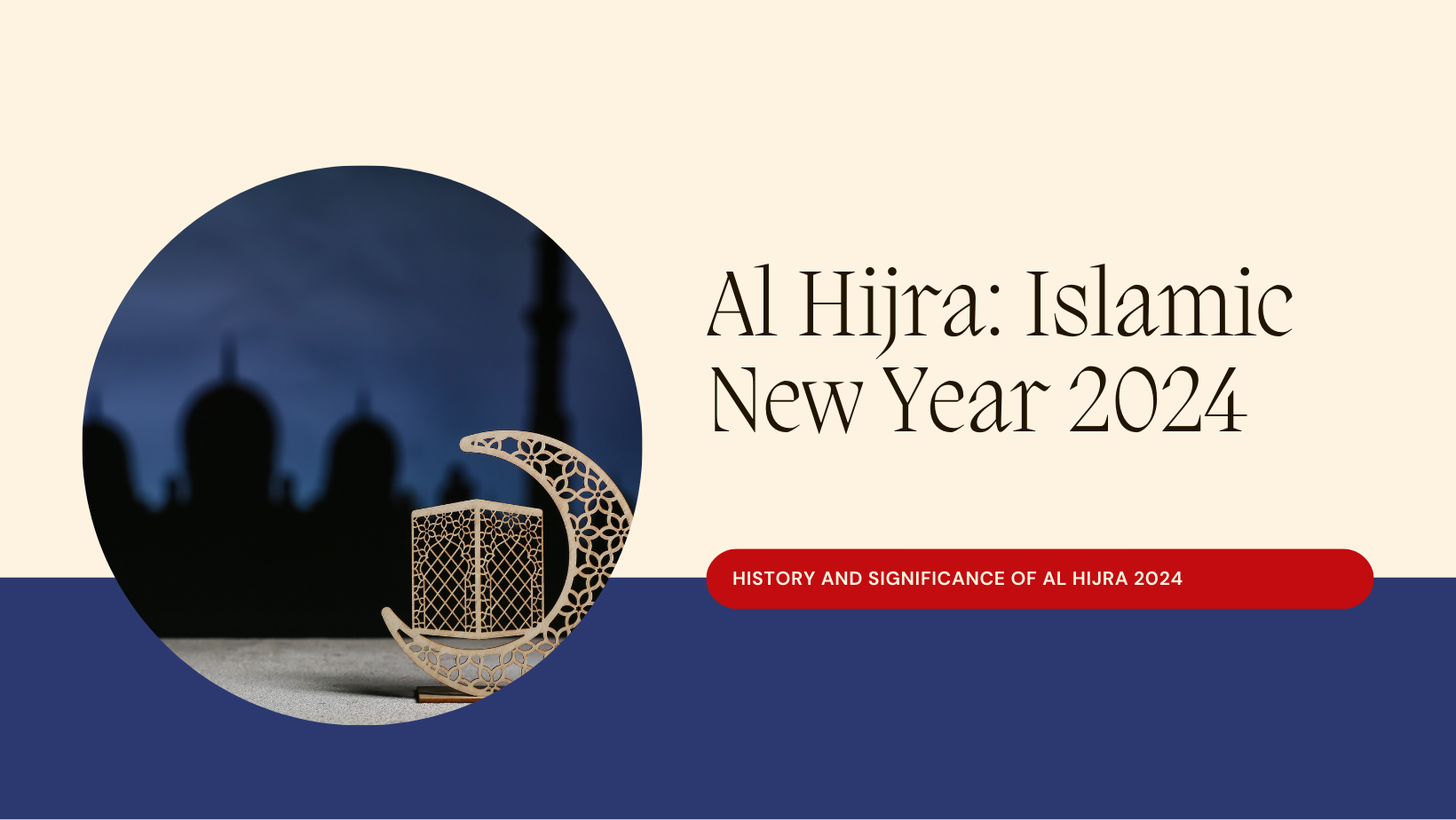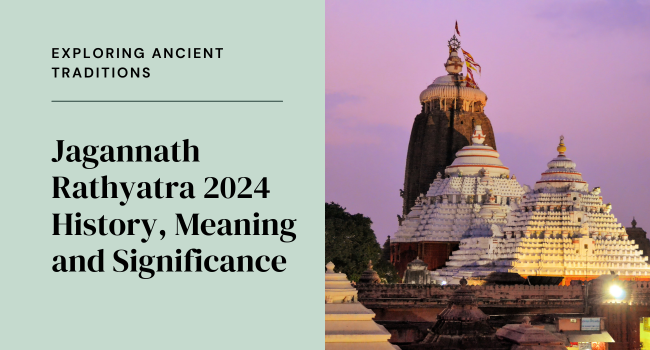World Asteroid Day 2024, commemorating the Tunguska catastrophe in 1908, is an annual awareness campaign encouraging public awareness about the future usage of asteroids, their potential for exploration, and the importance of safeguarding our world from asteroid impacts. With around one million asteroids in orbit, barely 1% have been discovered by modern science. The 100X Asteroid Declaration intends to boost the number of asteroid discoveries to 100,000 per year within a decade. Asteroids are small stony asteroids located between the orbits of Mars and Jupiter. The holiday was established following the 2014 publication of the film 51 Degrees North, which addressed the possibility of an asteroid reaching London. Its goal is to create public awareness of asteroid impact dangers and provide information on crisis communication procedures in case a credible near-Earth object (NOE) poses a catastrophic threat to our planet.
World Asteroid Day History
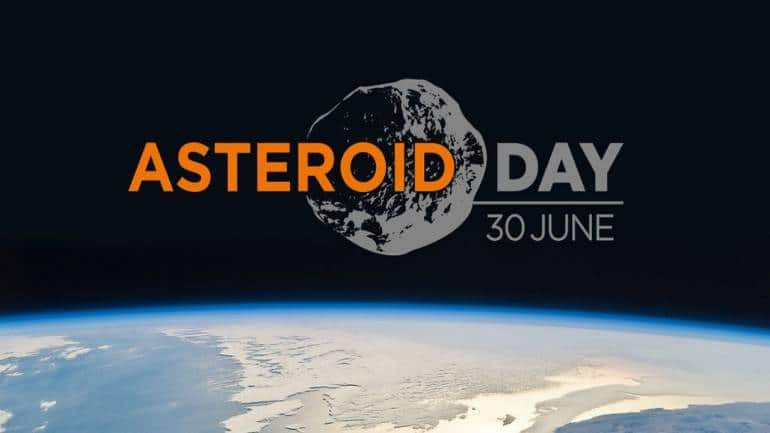
In December 2016, the United Nations General Assembly designated June 30 as International Asteroid Day to honour the Tunguska impact over Siberia, Russia, on June 30, 1908. The event's goal is to promote public awareness of the significance of asteroids in developing our cosmos and their current function in our solar system. Dr Brian May, astrophysicist and main guitarist for QUEEN, co-founded the event alongside Danica Remy, President of the B612 Foundation, Rusty Schweickart, Apollo 9 Astronaut, and filmmaker Grig Richters.
B612 seeks to protect Earth from asteroid attacks by educating and promoting global planetary defence decision-making. The event was created in 2014 by Stephen Hawking, Apollo 9 astronaut Rusty Schweickart, astronomer Brian May, and others. Near-Earth objects (NEOs) are asteroids or comets that pass near Earth's orbit and may pose catastrophic risks to our planet. NASA's Centre for NEO Studies has identified more than 16,000 NEOs.
The Tunguska incident in Siberia, Russia, on June 30, 1908, is still the greatest reported asteroid impact in Earth's history. In 2013, a large fireball described as a "superbolide" entered the Earth's atmosphere and dispersed above Chelyabinsk, Russia. The overall impact energy of the Chelyabinsk Fireball was estimated to be about 440 kilotons of TNT explosives, making it the most powerful impact event since the Tunguska explosion in 1908.
In 2013, the Committee on the Peaceful Uses of Outer Space (COPUOS) approved guidelines to properly address the NEO impact danger. This prompted the formation of two initiatives: the International Asteroid Warning Network (IAWN) and the Space Mission Planning Advisory Group (SMPAG). IAWN uses communication plans and procedures to assist governments in assessing the possible repercussions of an asteroid impact and developing mitigation strategies. SMPAG is an inter-agency forum that identifies required technology for deflecting near-Earth objects and seeks consensus on suggestions for steps to protect the Earth from future NEO threats.
World Asteroid Day 2024 Theme
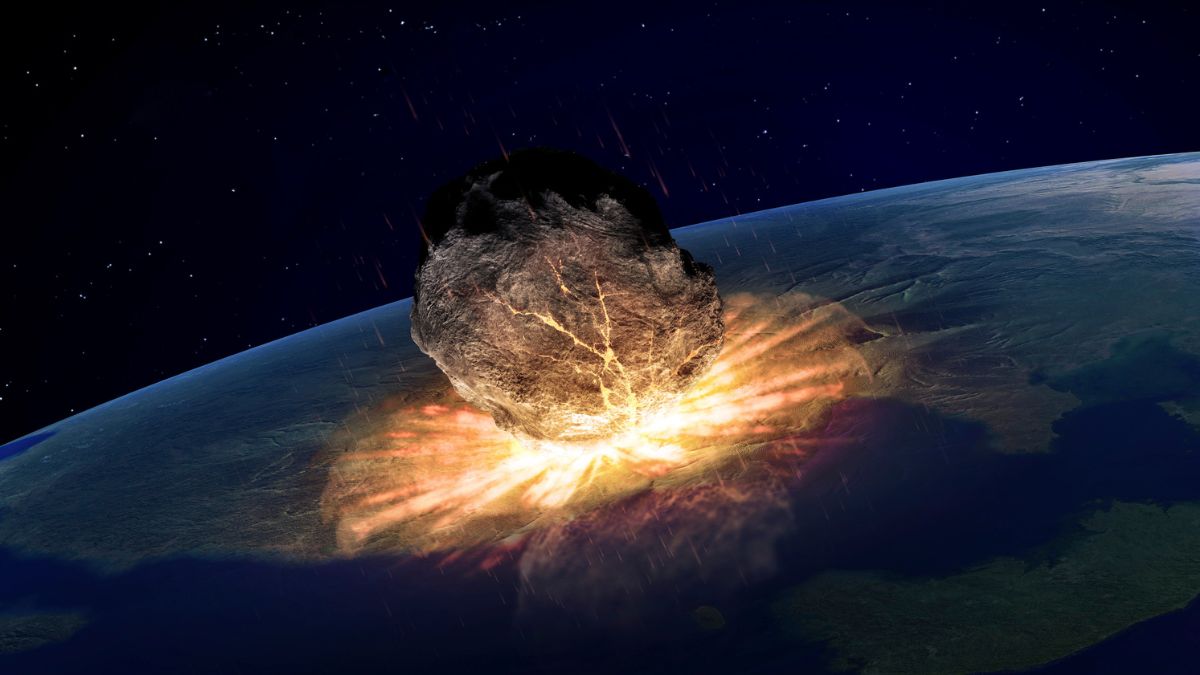
The Tunguska impact, a gigantic explosion above the Podkamennaya Tunguska River in Siberia, Russia, is regarded as the most powerful asteroid impact ever recorded. The asteroid impacted the atmosphere at 33,500 miles per hour, raising the temperature to 44,500 degrees Fahrenheit. At 28,000 feet in height, the asteroid shattered into fragments, unleashing enough energy to power 185 Hiroshima bombs. The explosion devastated 80 million trees across 830 square kilometres. This year, over 700 events are planned to take place, with volunteers assisting with event setup, content creation, graphic design, and outreach.
World Asteroid Day 2024 Significance

International Asteroid Day is a global festival that raises awareness about the hazards of asteroids and their influence on our planet. The vacation has been formally recognised by the United Nations General Assembly, giving further encouragement to researchers. It emphasises the catastrophic effects of asteroids on Earth, such as the 1908 Tunguska disaster and the 2013 Chelyabinsk incident. The demise of dinosaurs and the collision of an asteroid 65 million years ago caused the extinction of all life on Earth.
The festival also urges scientists to consider ways to safeguard the world from the harmful consequences of asteroids. Asteroids developed with other solar system objects, offering astronomers with vital insights into planet history and the sun. Meteorites, which are small fragments of asteroids that have passed through our atmosphere and fallen on Earth's surface, can help scientists understand about asteroids.
The purpose of World Asteroid Day is to prepare the world for an asteroid impact and accelerate the detection of asteroids. Scientists think that just a small fraction of asteroids have been spotted in space, with hundreds more yet to be discovered. The International Asteroid Warning Network (IAWN) and the Space Mission Planning Advisory Group (SMPAG) are examining technology needed for near-Earth object deflection and seeking agreement on planetary defence concepts.
Conclusion
World Asteroid Day 2024 is an annual awareness effort to educate the public about the future usage of asteroids, their potential for exploration, and the significance of safeguarding our world from asteroid strikes. With around one million asteroids in orbit, barely 1% have been detected. The 100X Asteroid Declaration intends to raise asteroid discovery rates to 100,000 per year within a decade. The event was formed in response to the release of 51 Degrees North in 2014.


